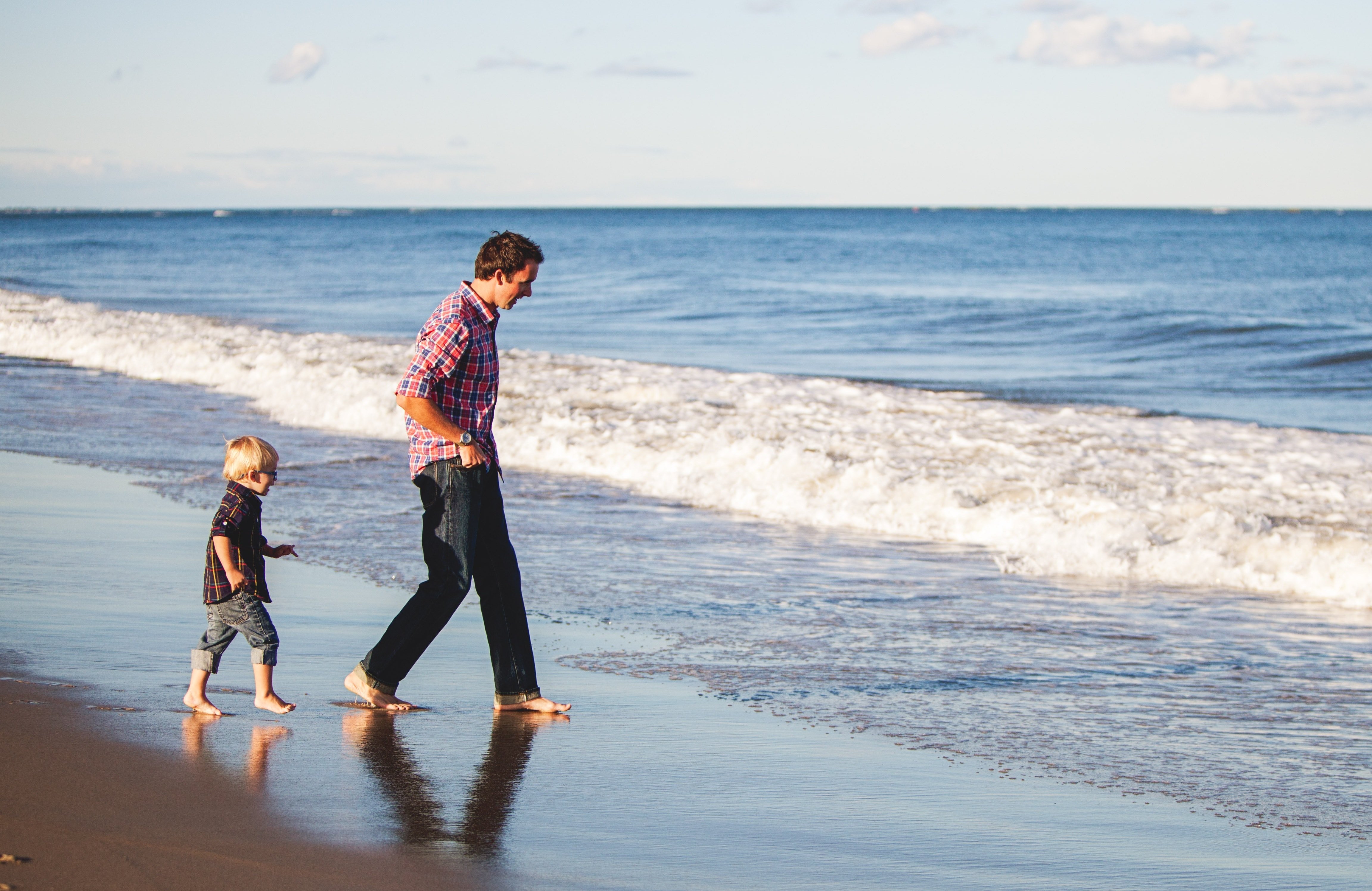For many of us, the October long weekend provides a welcomed opportunity to relax, unwind and celebrate the beginnings of spring with friends and family.
And while in QLD, an extra day off is in honour of the Queen’s birthday, here in NSW, ACT and SA it’s Labour Day, where we traditionally celebrate the achievements of workers. And more specifically, the eight-hour day movement born during the industrial revolution which advocated eight hours for work, eight hours for recreation and eight hours for rest.
There’s no question we have all benefited from a regulated workplace and we should indeed honour these achievements. But in today’s world where the lines between work and life are becoming more blurred, the rigid 9-5 eight-hour office role is increasingly archaic.
At a high level, society now is very different to what it was even 20 years ago. According to the Australian Institute of Family Studies, from 1996 to 2016 the number of mothers in paid employment increased from 53% to 61%. But despite changing attitudes to parental roles, parents’ employment remains very gendered, with fathers far more likely to be working full-time than mothers. The percentage of stay-at-home dads (3–4%) has barely changed since the early 1990s.
Not surprisingly, the original push for flexible working originated from mothers needing to juggle work around caring for their children and adjusting to the (arguably also outdated) six-hour school day. And although wider career and travel opportunities have been incredible for our generation, many new parents find themselves without extended family networks to help care for and raise their children.
Thankfully, Australian employers have been accommodating when it comes to offering flexibility to mothers. Indeed, the Fair Work Act 2009 gives parents, carers and those with disabilities the legal right to request flexible working where necessary.

Not surprisingly, fathers also want to have fulfilling careers and not miss out on their children growing up.
But the flexibility parameters are now shifting.
When Joel McInnes and Marko Njavro founded FlexCareers only five years ago, the conversation with employers was all about women. Now we’re seeing a huge shift towards ‘all roles are flexible’ where progressive employers are recognising the benefits of giving all employees control over when, where and how work is accomplished.
Flexibility is now widely recognised as a valuable way to attract and retain employees across all age groups and genders, to drive engagement and productivity as well as boosting employee wellbeing.
A lot of the more recent change we’re seeing is around enabling fathers as well as mothers to be confident and comfortable around requesting flexible working. Not surprisingly, fathers also want to have fulfilling careers and not miss out on their children growing up. As societal perspectives change, progressive employers now understand they need to get the flexibility piece right to get the gender equality piece right.
We’re also seeing employers taking the predicted impact of our ageing population on labour force participation rates seriously. As older Australians continue to retire, skills shortages will become ever more acute.
But it’s not just societal changes driving an increased need for flexible working and moving us ever further away from the traditional 9-5.
Technology advances in the last 20 years or so now enable us to work collaboratively anywhere and at any time. From entrepreneurs setting up operations in Bali to adventurous senior leaders wanting to take their families overseas for six months and still log in, remote working and collaborative technology allows us to be productive whilst still remaining competitive.
Even the way our students are being educated has evolved around a flexible working model. Today’s graduates completed their studies based on trust, often online and in many cases by correspondence. They will certainly not be expecting to sit in a cubicle at their own desk for eight hours a day.

Today’s graduates completed their studies based on trust, often online and in many cases by correspondence. They will certainly not be expecting to sit in a cubicle at their own desk for eight hours a day.
Essentially, we’re now all seeking a more human and balanced life.
And our most progressive employer partners at FlexCareers understand the traditional 9-5 way of working is now unsuited to our modern-day work life expectations. It’s all about our personal value and skillsets that can help drive a business forward in a way that works for everyone.
For me personally, my husband and I live in Sydney with no extended family to help care for our young son. We’re both passionate about our chosen careers but we need flexibility in our lives to also be the type of parents we want to be.
Given I can be truly flexible in my role and manage expectations accordingly, I can enjoy a fulfilling career, be present for my family and also find time for personal interests to boost my creativity and wellbeing. I genuinely feel this balance allows me to be a better professional.
And this is why I’m celebrating flexibility this weekend – so we can all be the best we can be at work and at home. It means the world to me.
 About Elle Green, Head of Brand and Marketing
About Elle Green, Head of Brand and Marketing
Elle has over 15 years’ experience in the marketing and advertising industry, creating both corporate and employer brands. That experience has led to a personal passion to help organisations build sustainable, humanised brands, with their employees at the heart. Layer that with six years working with LinkedIn’s global clients on their professional talent strategies and you have a digitally savvy, content-driven, authentic story-teller, who wants to help people find careers that help them be the best version of their professional selves.
Whether you’re a parent, a hobbyist, an entrepreneur, a student or a travel enthusiast, if you’re measured on agreed outcomes, rather than how much time your bum spends on an office chair, then you should be able to contribute to business success. On that note, I’m off to whiteboard how to to build a LEGO car with my favourite smallest human.
-->